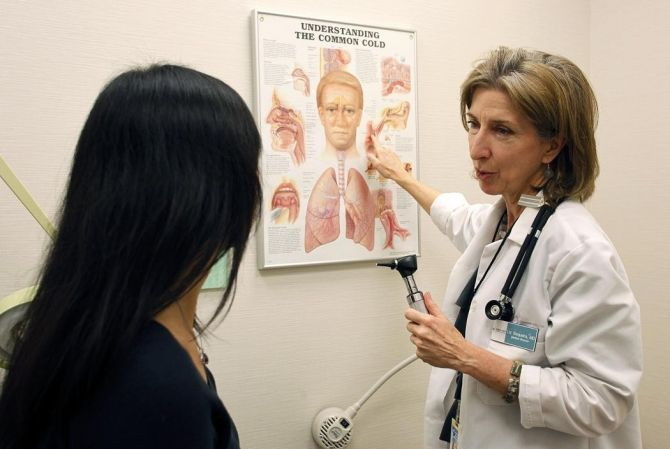Three Primary Care Features Linked to Lower Death Risk

More access to some features of primary care like comprehensiveness, patient-centeredness and extended office hours is linked to reduced risk of death, according to a new study.
The University of California Davis said in a statement Tuesday that the study will be published in the January-February issue of the Annals of Family Medicine.
Researchers in the study define comprehensiveness as the providing of care for new health problems, preventative care and referrals to other health-care professionals. Patient-centeredness is defined as health care providers’ attention to patient’s advice when deciding treatments. Extended office hours included the availability of evening and weekend office hours.
Researchers used data from the 2000 to 2005 Medical Expenditure Panel Surveys which included 52,241 respondents aged 18 to 90 years old that had mortality information available and analyzed participants’ reported access to these three primary health-care attributes.
Participants who reported greater access to the three attributes were associated with significantly lower mortality in a follow-up of six years, researchers said. The study adjusted for confounding factors like age, health status, weight, tobacco use and other health characteristics.
The study also found significantly less access for the three key features in racial minorities, poorer and less educated people, and those who lacked health insurance compared to the general population.
"Our findings suggest that ongoing efforts to provide all Americans with a 'medical home' offering the primary-care attributes we studied could yield major public health benefits," said Jerant referring to the recent national health movement.
"Although the wider adoption of primary care attributes may have promise for mitigating health disparities, interventions to promote equitable access to such attributes may be required to fulfill this promise," the researchers concluded.
Published by Medicaldaily.com



























